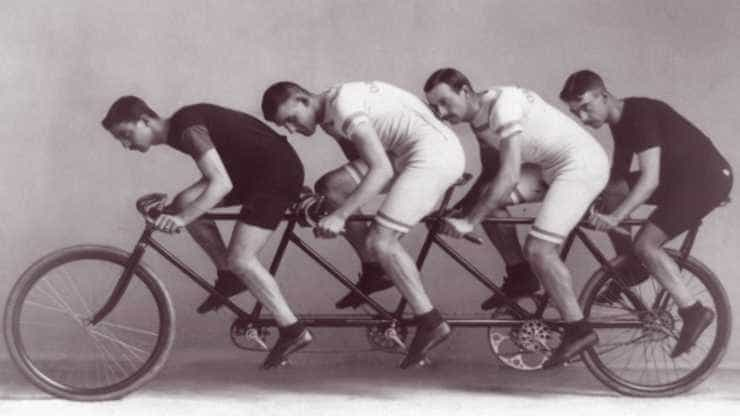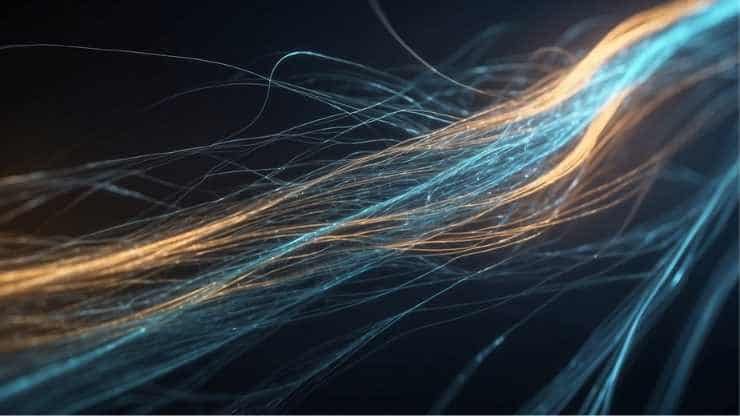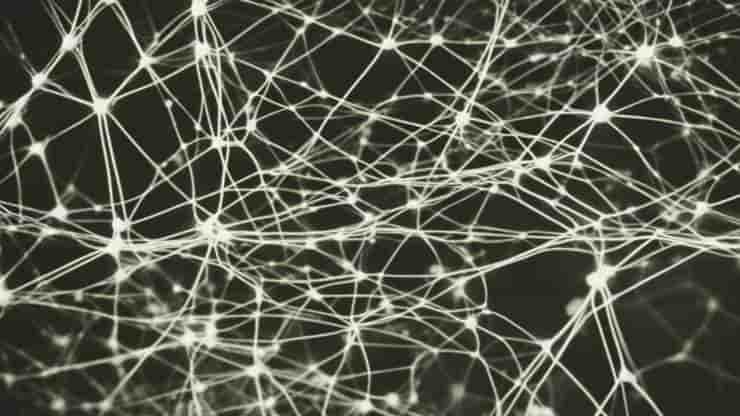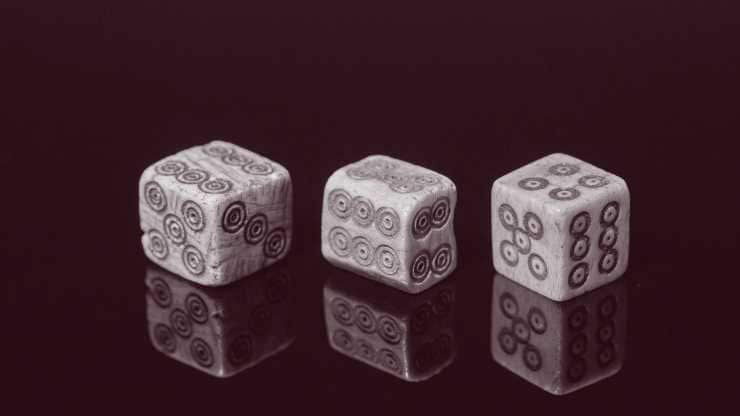Personal Construct Psychology (PCP) is a comprehensive framework for understanding individual psychological processes. It posits that people interpret events through unique, personal constructs that shape cognition and behavior. George Kelly, an American psychologist, introduced the theory in the 1950’s. He was influenced by the prevailing movements in both American and European psychology, yet he proposed…
Author: D.C.Demetre
Alexithymia: Emotional Blindness
Alexithymia, also known as emotional blindness, is distinguished by a cluster of traits concerning emotional awareness and processing. Individuals with alexithymia face significant difficulty identifying feelings and difficulty describing feelings to others. The condition is marked by a reduced ability to recognize one’s own emotions or those of other people. Additionally, it involves an externally oriented thinking style, which is a focus on…
Schachter and Singer’s Two-factor Theory of Emotion
The Two-factor Theory of Emotion stands as a notable concept that explains emotions through a dual-component process, necessitating both physiological arousal and cognitive appraisal to experience emotion. Researchers Stanley Schachter and Jerome E. Singer proposed the theory in a 1962 publication. Their theory postulated that physiological arousal is non-specific in terms of emotion, meaning the…
Can Empathy be Learned?
Empathy is a multifaceted psychological phenomenon characterized by the ability to understand and share the feelings of others, perspective-taking, and self-regulation skills. It can be taught through training programs. Research has demonstrated that several instructional components, such as didactic, observation, and rehearsal, are successful at teaching people empathy. Some academics, however, believe it cannot be…
Associative Interference And Memory Recall
Associative inference occurs when the brain’s retrieval of certain memories is hindered by the presence of similar associations. This is particularly observable in associative learning settings, where memories are connected through learned associations. For instance, learning new information can interfere with the retrieval of older, related information, a phenomenon known as retroactive interference. Conversely, prior learning can disrupt…
Empathic Accuracy: Prosocial Thoughts and Feelings
Empathic accuracy is a measure of how precisely one person can infer the thoughts and feelings of another. Psychologists William Ickes and William Tooke coined the term in 1988, but the study of empathic accuracy dates back to earlier works within psychology, where scholars aimed to understand how individuals could accurately perceive others’ internal states.…
Afferent vs Efferent Neurons
Afferent and efferent neurons are the two primary types of neurons that play distinct yet interconnected roles in this communication network. Afferent nerve fibers, also known as sensory neurons, carry signals from sensory receptors towards the central nervous system. They inform the brain about what is happening in the internal and external environments, thus allowing…
Multiple Trace Theory of Memory
Multiple trace theory is a memory consolidation model developed as an alternative to strength theory. It holds that each time information is presented to a person, it is neurally encoded in a distinct memory trace made up of a mixture of its properties. This idea diverges from the once-dominant standard model of memory consolidation, which suggested…
James-Lange Theory of Emotion: Physiological Basis of Feelings
The James-Lange theory is one of the earliest theories of emotion in modern psychology. This theory posits that physiological arousal precedes the experience of emotion, suggesting that one first observes bodily responses to a stimulus and subsequently feels emotion. It was developed by philosopher John Dewey and named after two 19th century scholars, William James…








